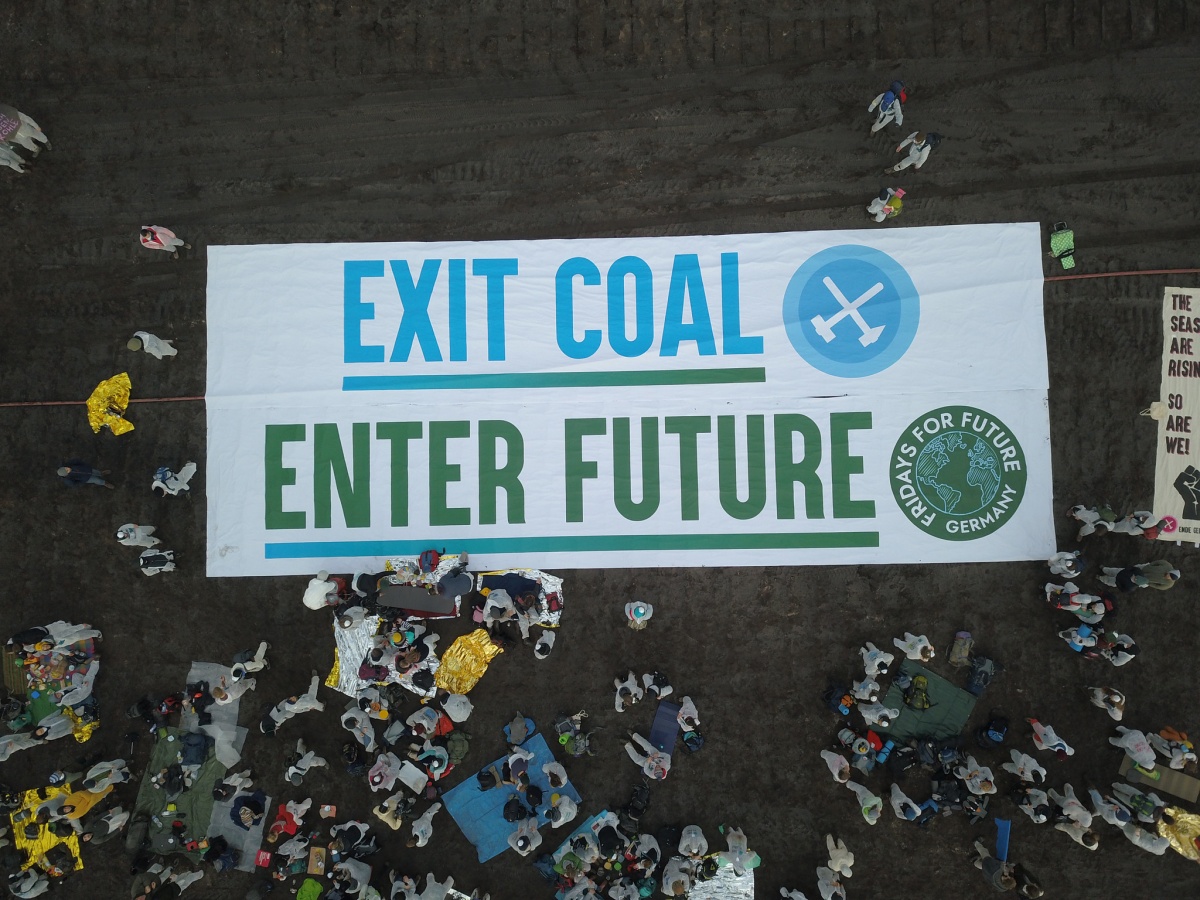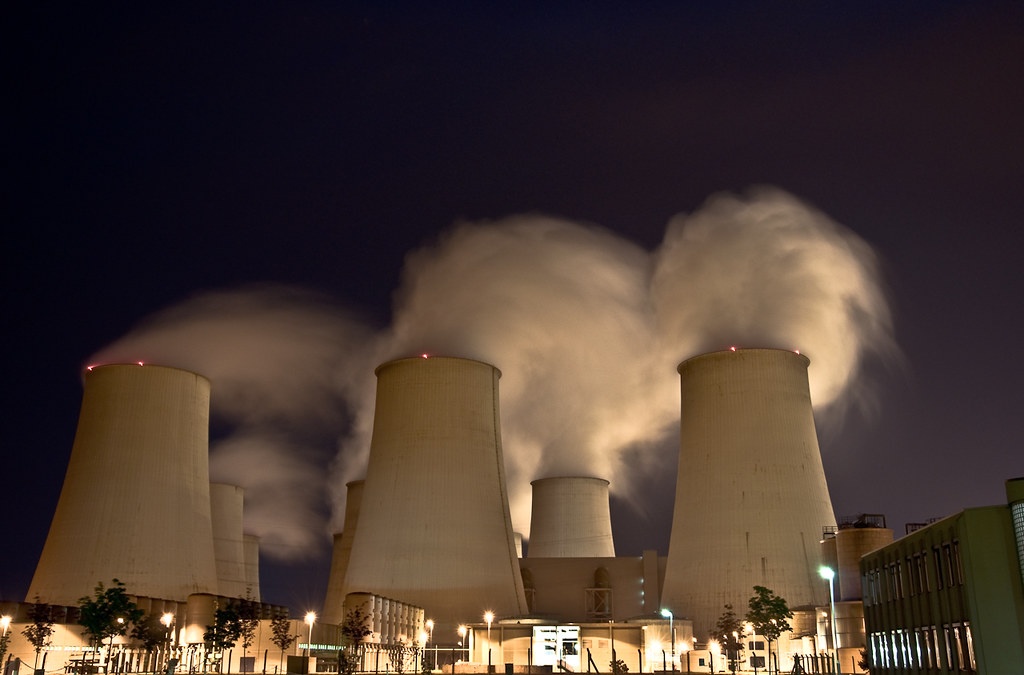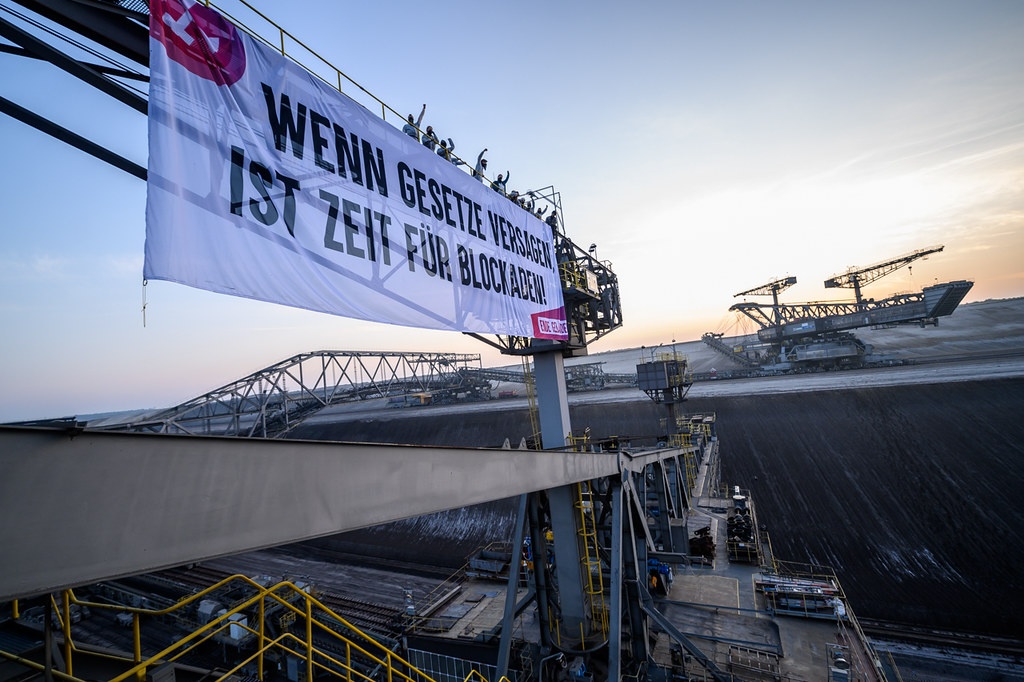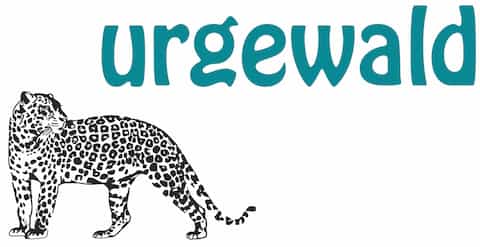EPH
Czech company EPH is one of Europe’s largest polluters. In recent years, it has found a new way of drawing money from state budgets. EPH owned the German coal company LEAG until 2023 and is in the process of selling MIBRAG to its sister company EP Energy Transition. According to German law, EPH will now receive substantial government compensations for the “early” closure of LEAG’s and MIBRAG’s coal assets. EPH’s subsidiary LEAG will receive €1.75 billion of taxpayers’ money for shutting down its coal plants in 2038. At the same time, LEAG is currently in the process of expanding its coal mine Nochten. The mine will destroy the neighboring village of Mühlrose. 200 people have lost their homes to the mine.

Taking a look at GCEL, it still seems as if EPH's coal business has drastically decreased. Its coal production has dropped by three quarters in just one year. The company produces only 25% of its power from coal, compared to 53% in 2022. EPH even wants to divest from its coal assets by 2025. But its coal business hasn’t disappeared, EPH is simply transferring its coal assets to a sister company it created for this purpose: EP Energy Transition. EP Energy Transition operates independently from EPH but shares the same owner, the Czech billionaire Daniel Ketínský.

According to mining law in Germany, companies have to rehabilitate coal mines once they close them down. It takes billions of dollars to shut down mines and restore the environment. By transferring its coal assets to EP Energy Transition, EPH appears to be attempting to avoid their legal responsibility to finance the rehabilitation of their German coal mines.
This is the perfect PR stunt for EPH. It appears environmentally friendly to the public and receives massive compensation payments for shutting down coal mines early, while at the same time it avoids paying for their proper closure. Ultimately, EPH is demonstrating how to profit off of an empty decarbonization strategy.

